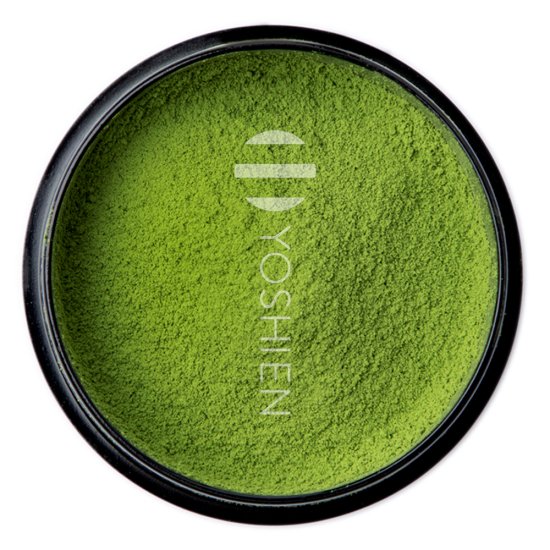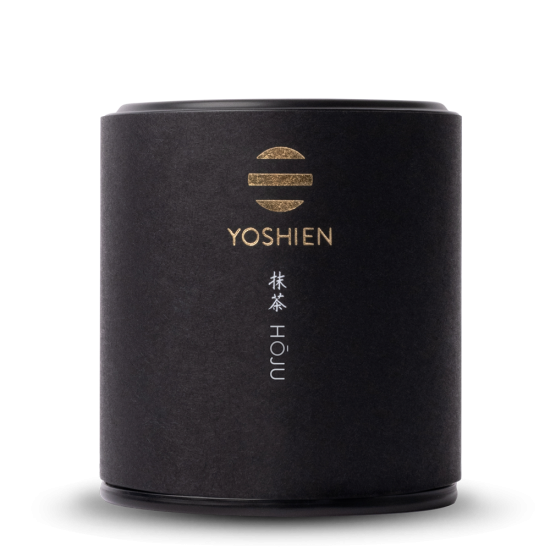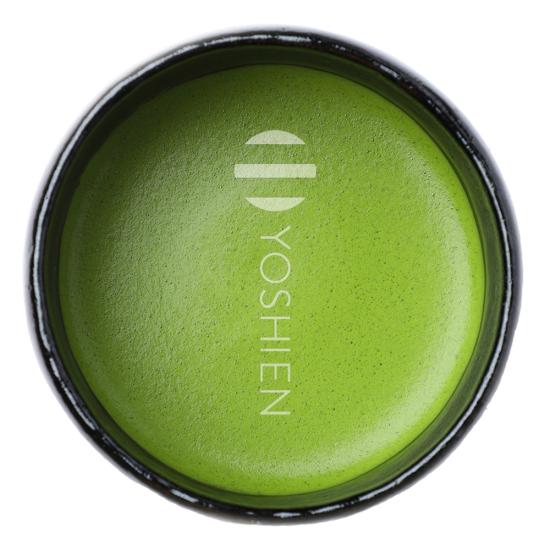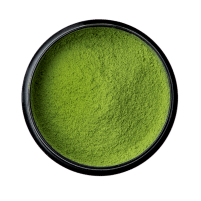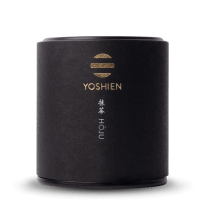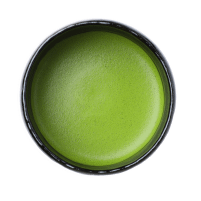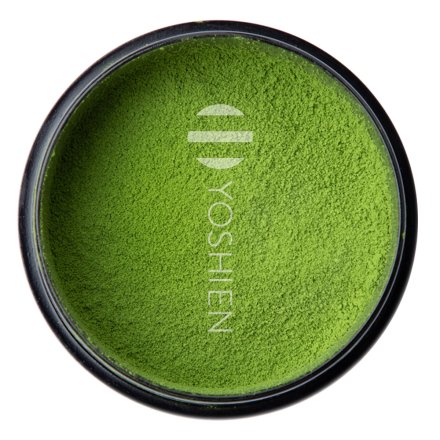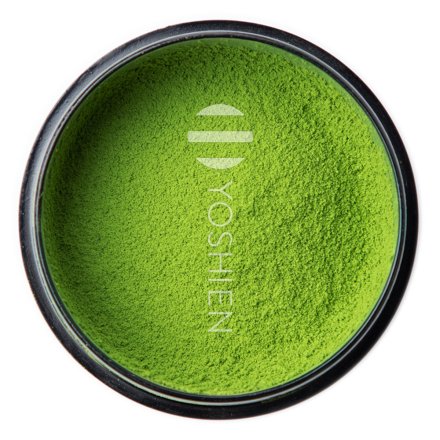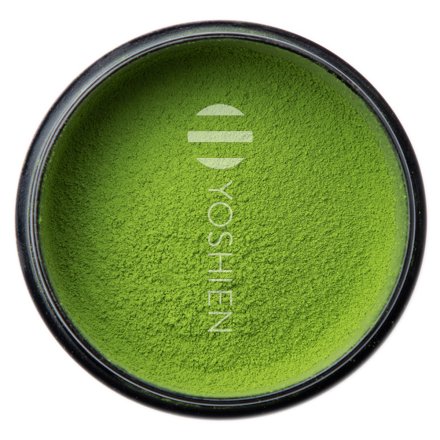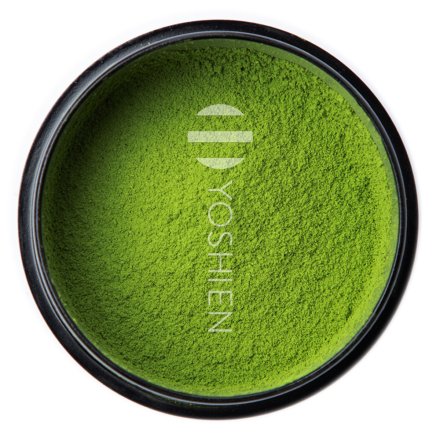Using a Chashaku, place two scoops (approx. one teaspoon) in a Matcha bowl of your choice. Then pour approximately 80ml of hot water between 60°C and 80°C into the bowl, without pouring directly onto the powder to avoid clumping. For the next step, a Matcha whisk is undoubtedly the best choice for achieving the iconic Matcha foam.
The key to the perfect Matcha is in the motion. Circular movements and a typical whisking motion should be avoided, as little-to-no foam will form. Hold the Matcha whisk at an angle of around 90° in the bowl, allowing it to gently scape the base without pressing against it. Now move it straight up and down from the wrist while moving your arm to the left and right, creating a ‘’W‘’ or ‘’M‘’ movement. The faster you perform this movement, the easier it is to create a wonderfully fluffy foam. Practice makes perfect – enjoy!
Recommended Matcha Bowl
For the proper preparation and optimal flavour development, we recommend using an authentic Japanese Matcha bowl.
Recommended Accessories
For the ideal texture, flavour and preservation of Matcha's delicate qualities, we recommend using a fine mesh strainer and a high-quality bamboo Matcha whisk. For dispensing and dosing, the ideal utensil is an authentic Chashaku made of bamboo.
Storage and Packaging
Our Matcha is packaged in a protective bag and stored within a high-quality tin with a screw lid, which is coated on the inside with BPA-free plastic. Before opening, the Matcha can be stored in the original packaging in the fridge or at room temperature.
After opening, we recommend keeping the Matcha tightly closed and at room temperature to protect it from moisture, odour, light and oxidation. During the summer, opened Matcha can be stored in the refrigerator to maintain its freshness, although it should only be taken out briefly to prevent excessive moisture absorption or exposure to unwanted odours. For optimum quality, use the Matcha within a few weeks if possible. For longer-term storage, we recommend storing Matcha in an opaque, airtight container such as one of our Matcha tea caddies and store at room temperature.



